As the first Counter-Strike 2 tournament, IEM Sydney, begins, so does a new era for the Saudi Arabia-helmed ESL Faceit Group, and making sure everything is “seamless” has become the key focus for the famed esports organizers.
While players are hand-wringing over aspects like subtick servers and new smoke grenades, the biggest change to the esports circuit still has yet to be implemented: Valve is putting a stop to partnered CS teams competing in these TO’s circuits.
ESL’s Counter-Strike inventory, in the form of its Pro League, the Intel Extreme Masters circuit, and its various Majors, is the tournament organizer’s biggest overall breadwinner.
For now, in public, the organizers are holding face, even though the loss of these partnership programs stands to hit the pocketbooks, hard. Shaun Clarke, senior director of game ecosystems for CS at ESL Faceit Group, told Dot Esports: “Our product portfolio is going to remain very similar to what our community knows today,” noting both IEM Katowice and IEM Cologne already sport merit-based qualifications.
“We will make minor tweaks, but in general we are excited by the future ahead of us with the recent launch of Counter-Strike 2,” Clarke continued.
Without direct Counter-Strike partnerships allowing underperforming rosters to maintain their valuable positions, qualifications for upper-echelon competitions will go only to the most deserving, no matter what org is on their team jerseys.
As the wider industry transfers into the proverbial “esports winter,” marked by layoffs, teams closing their doors, and publishers pulling back on spending, ESL is relatively insulated. They were merged and acquired by the Public Investment Fund of Saudi Arabia in early 2022. The state has a nearly bottomless well of cash and is looking to make even more investments in popular, but distressed industries to effectively launder their image to a young, impressionable crowd.
Clarke did not completely answer an inquiry about whether the cash-flush ESL will place guardrails in their ecosystem to quell rampant overspending. “We’ve spent time evaluating where and how we are spending,” he said, adding ESL is set for years to come.
For Sydney, the focus is on moving the ecosystem from CS:GO to the CS2 era in a “seamless” fashion. The tournament has already begun, and ESL hallmarks are already popping up, from the classic production to its halftime music. “We think this way because there will be an abundance of new viewers tuning in for the very first time,” Clarke said.
The uptick in interest won’t just come from fans either, he claims. “We expect that [the new era of Counter-Strike] will indeed convert an influx of new interest from all over the world, fans, players, teams and brands.”
As the new era dawns, the production value and feel of CS broadcasts will stay the same, even with new big-money players, a fresh game, and a changed ecosystem.


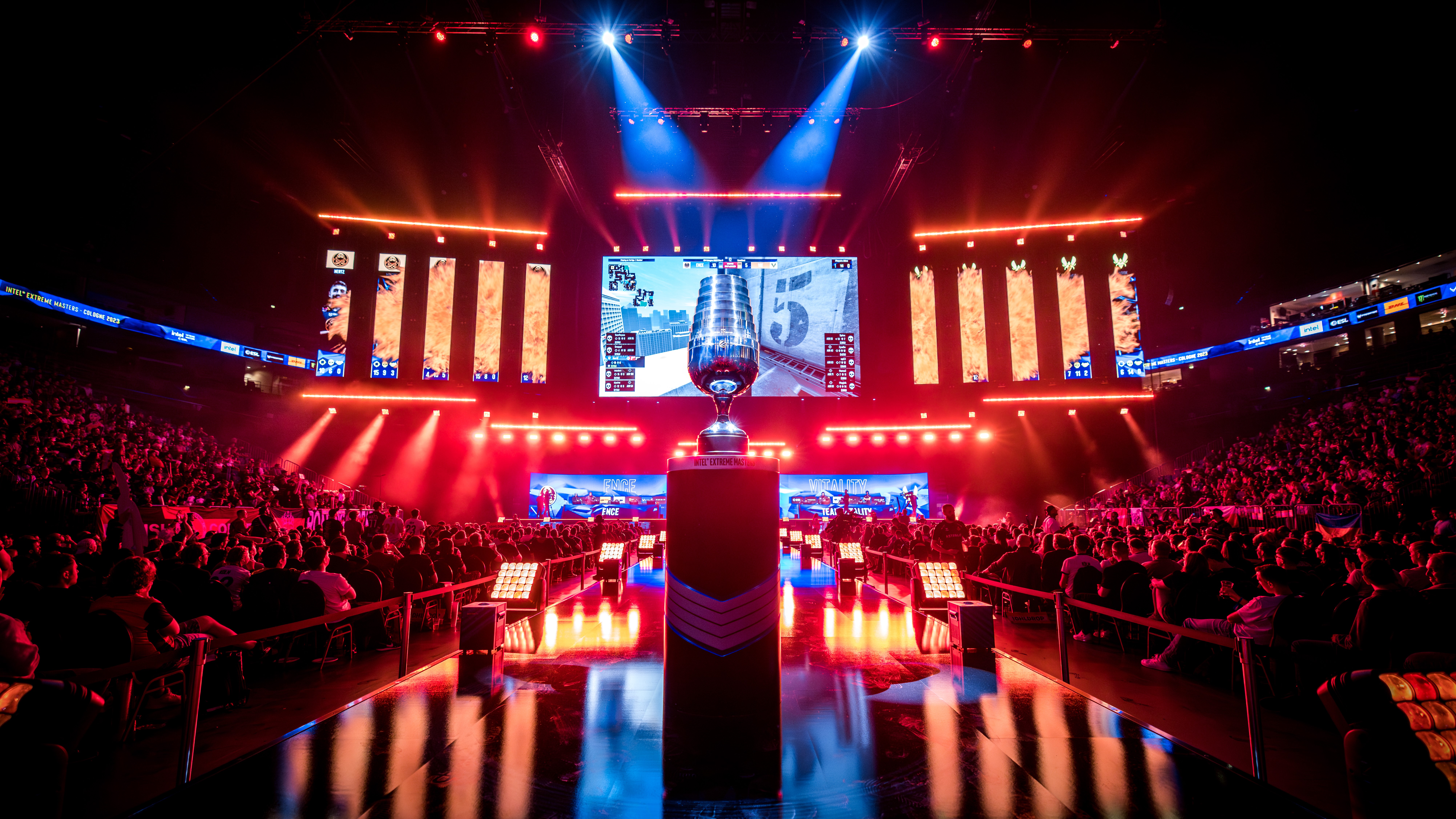
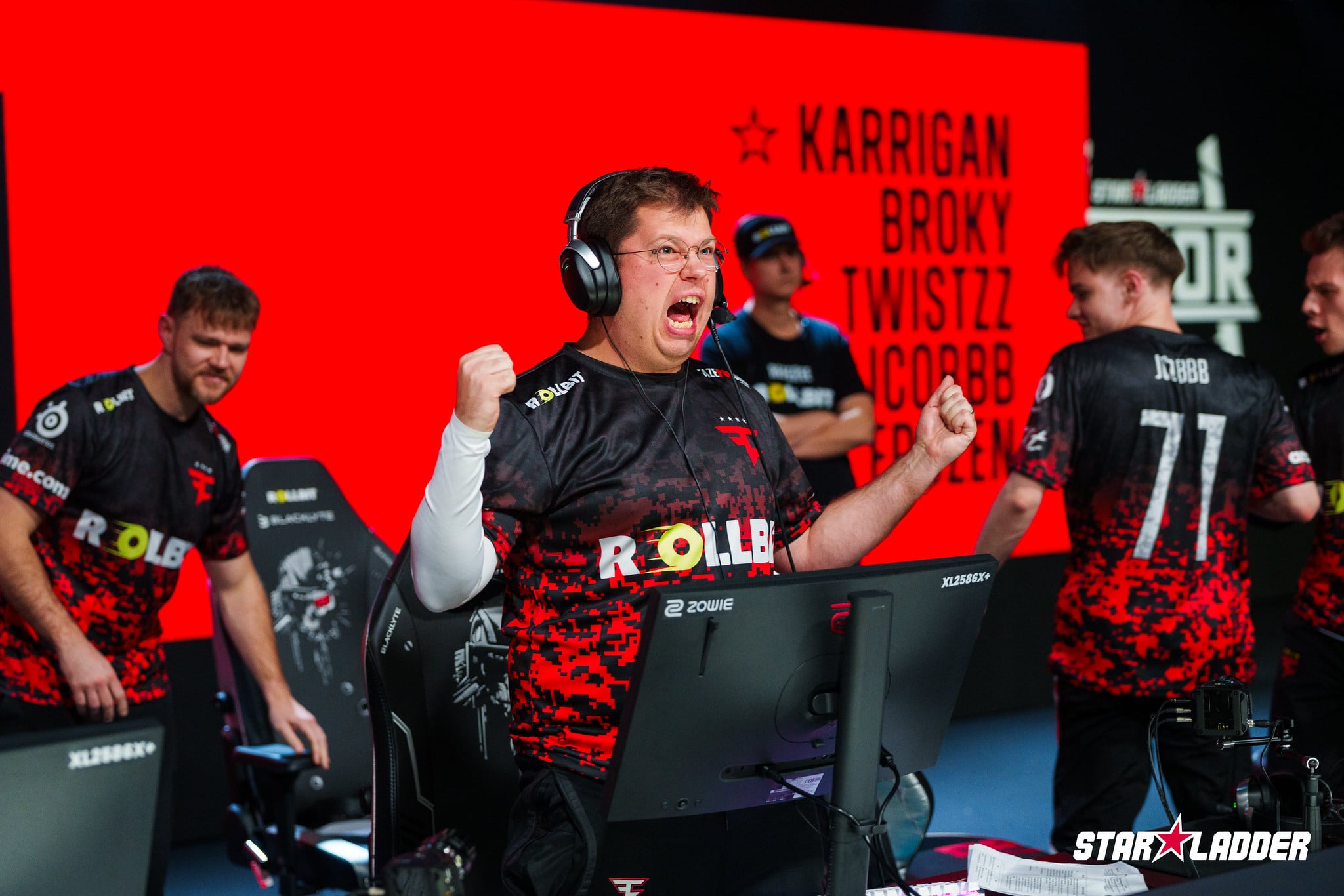
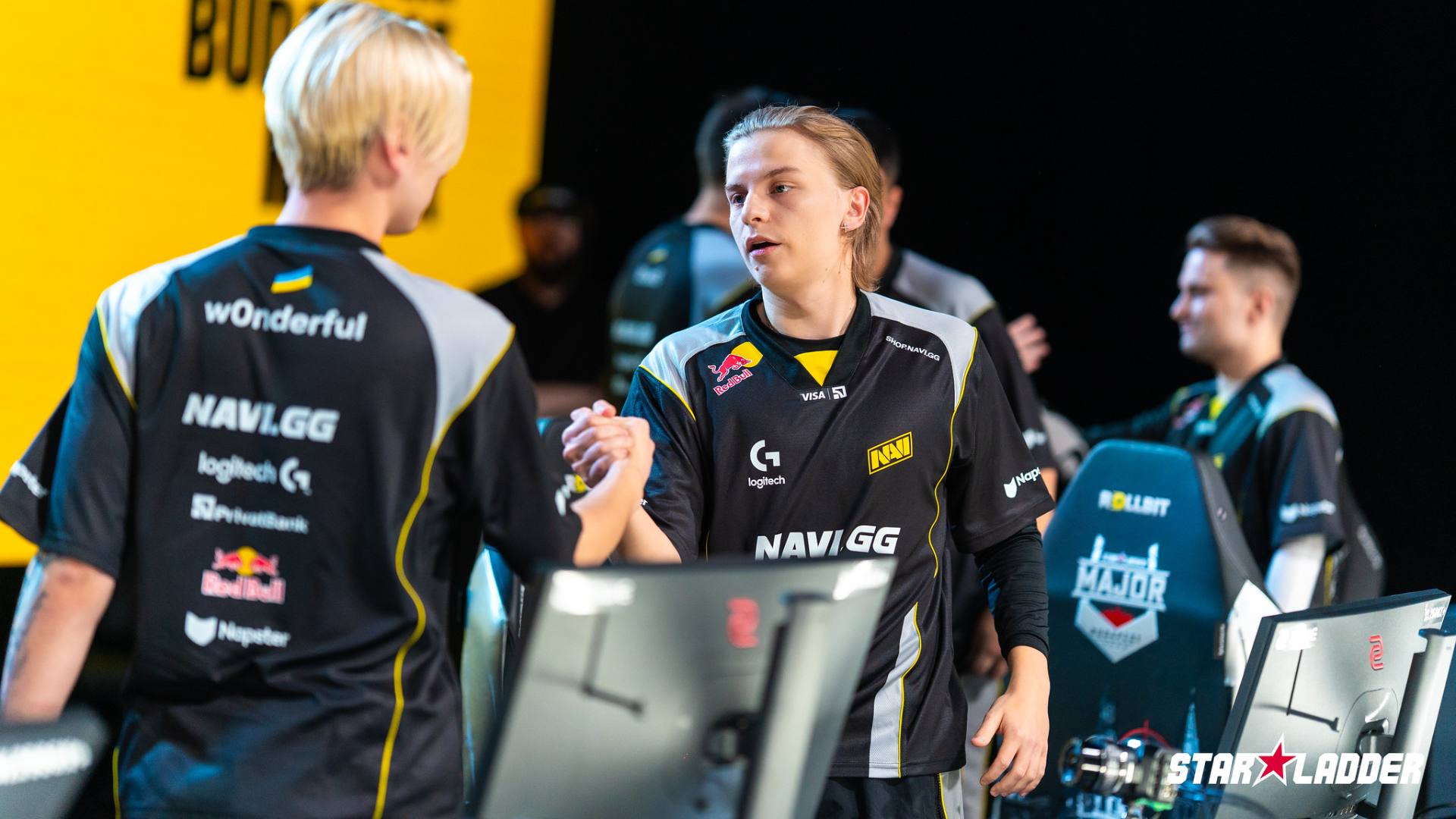
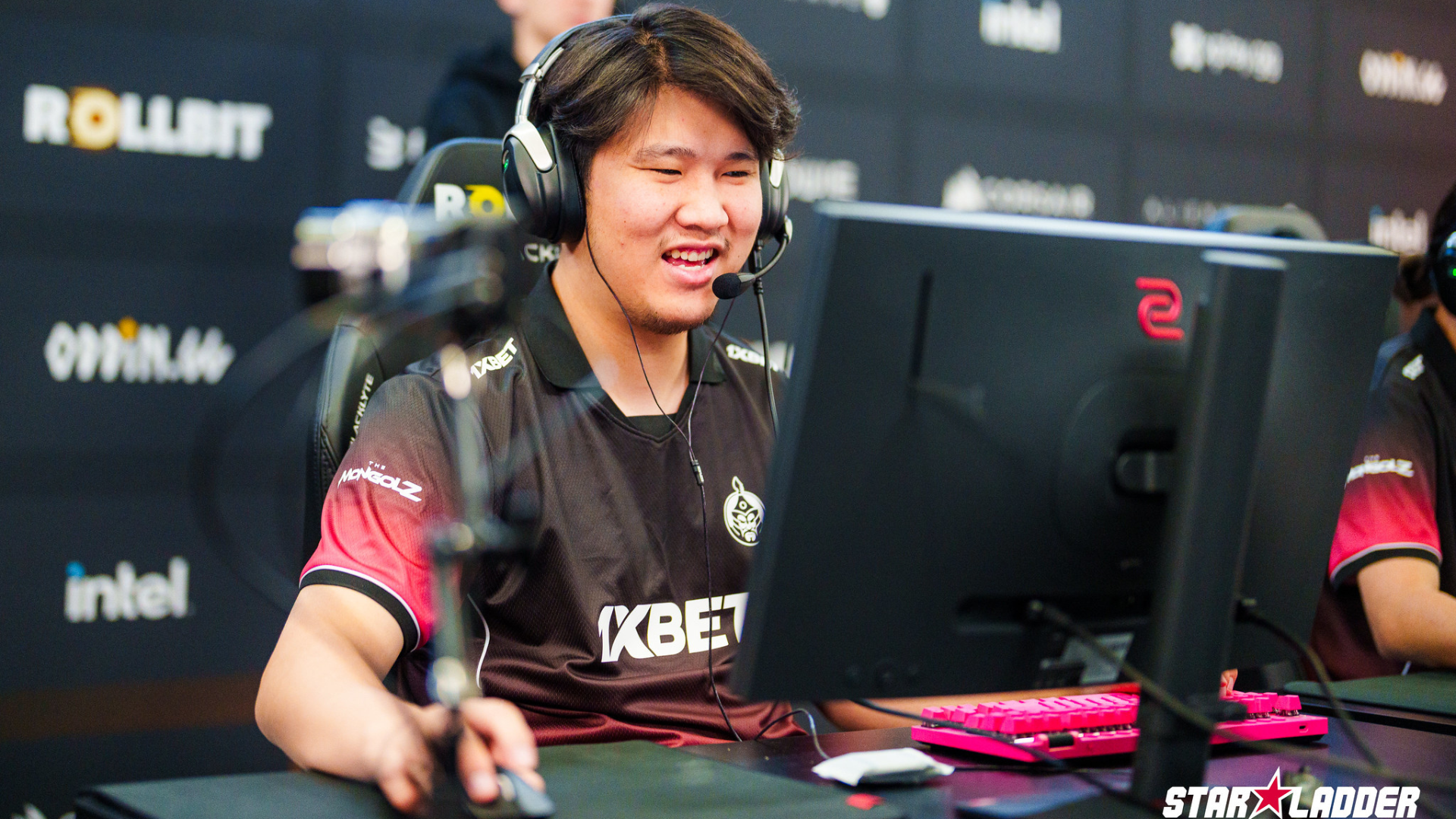
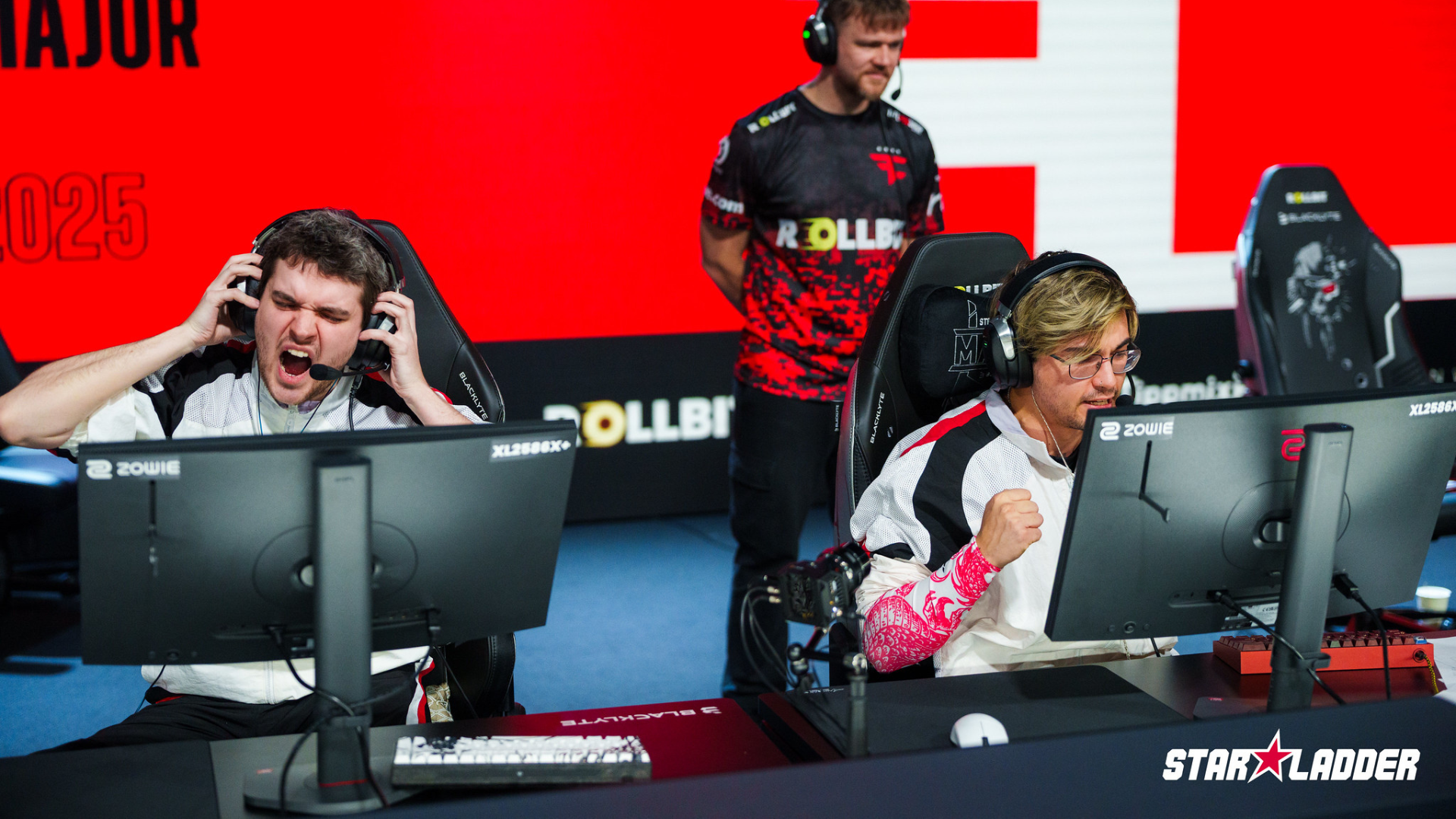
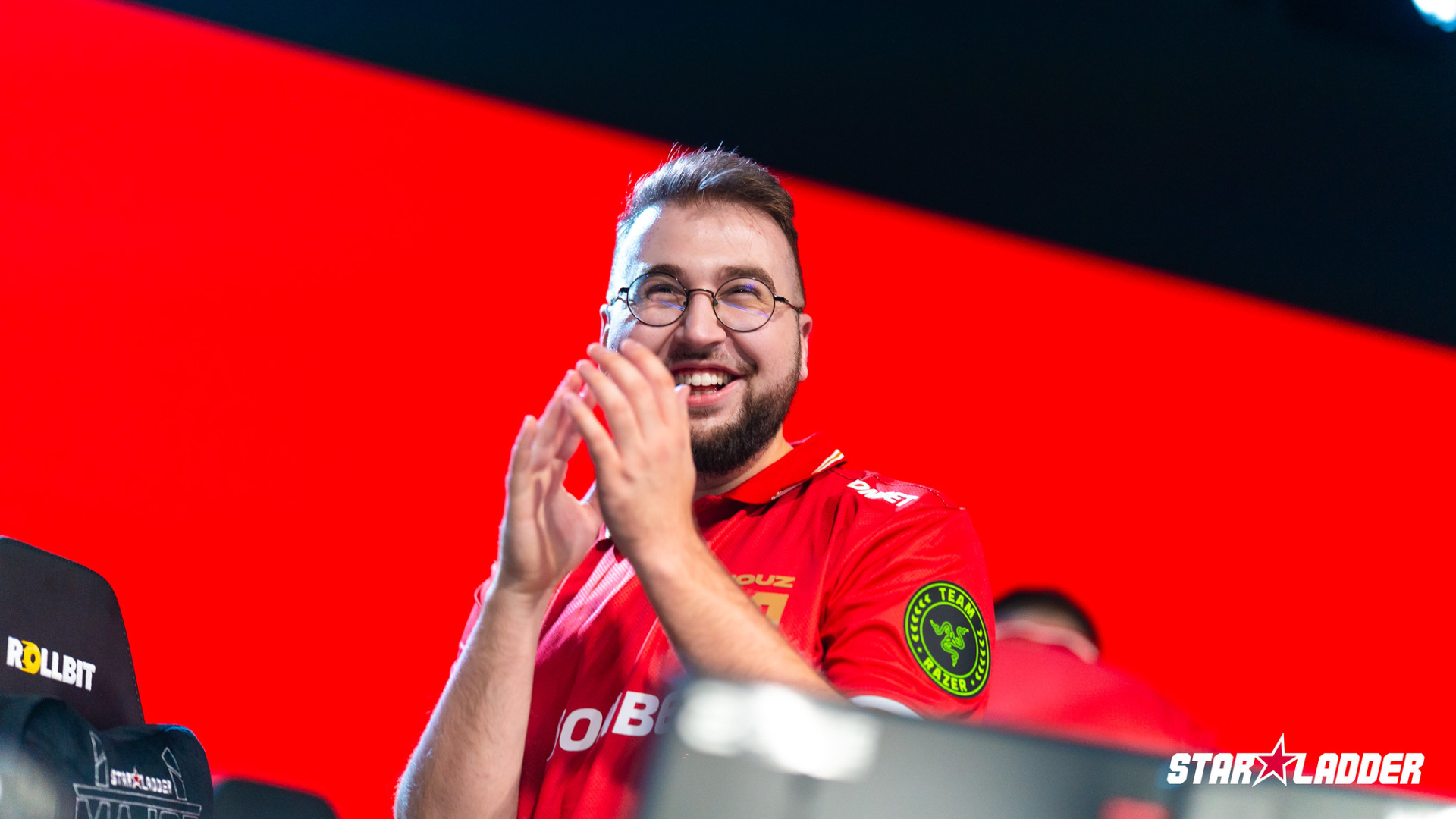
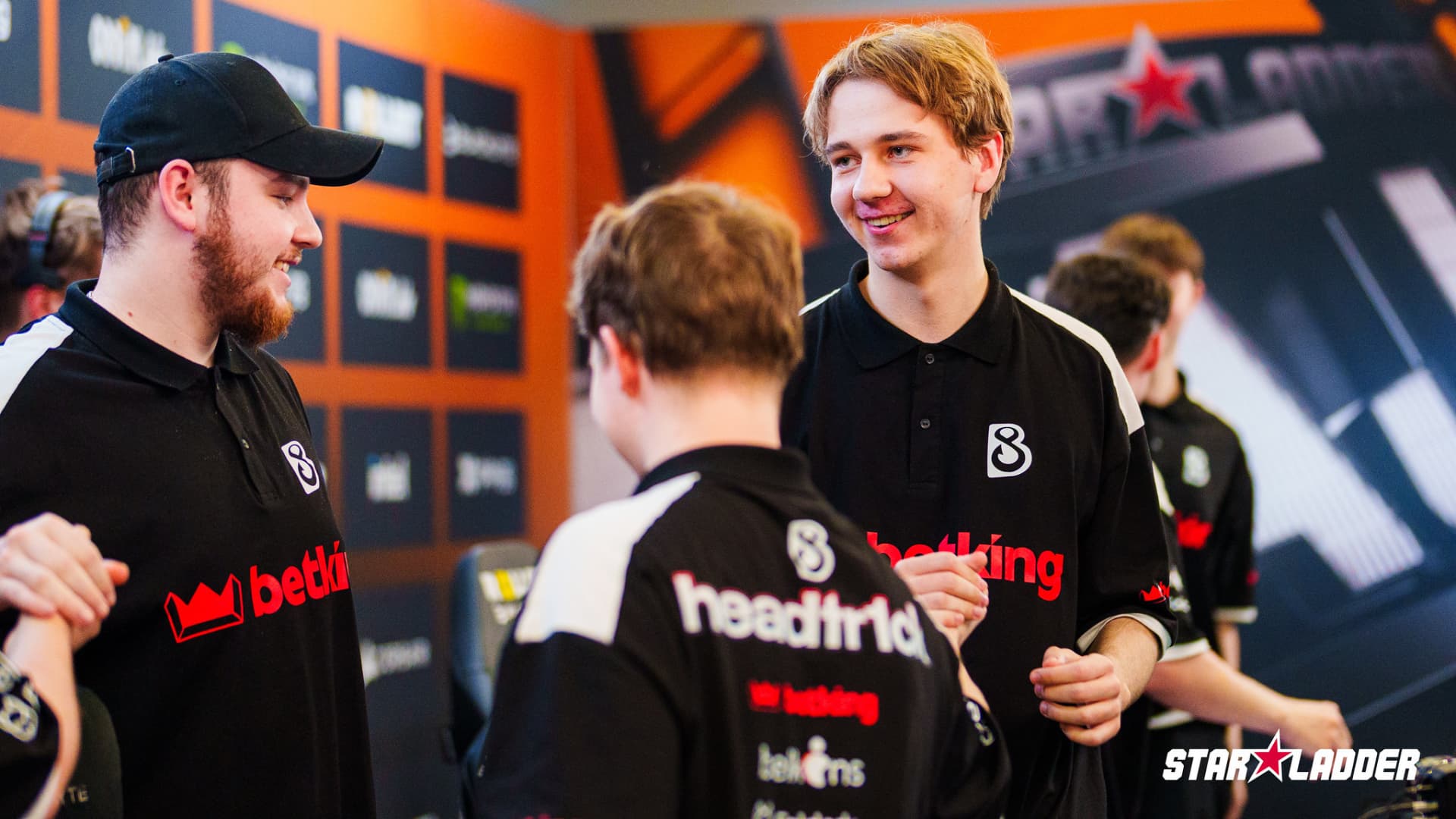
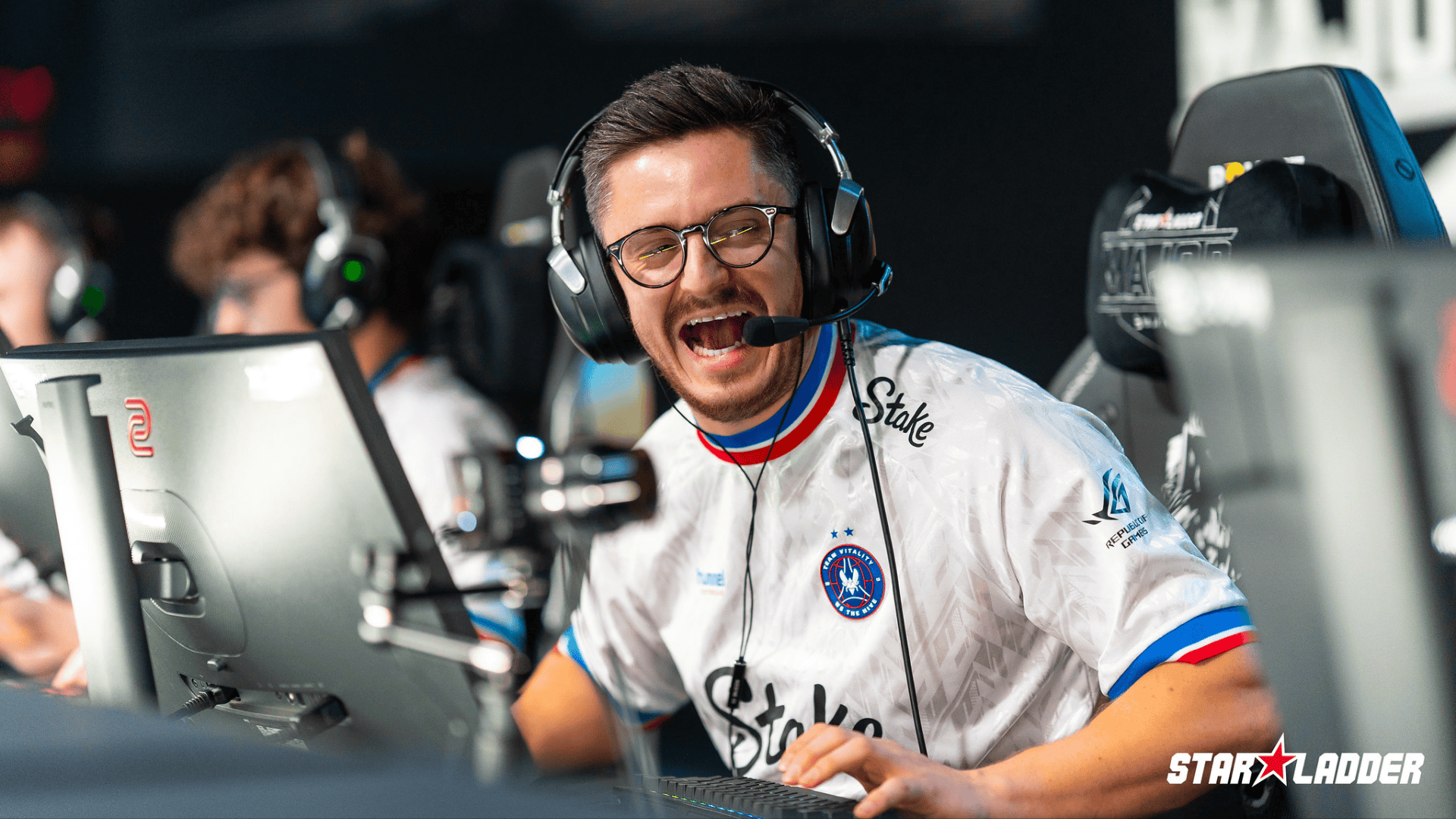
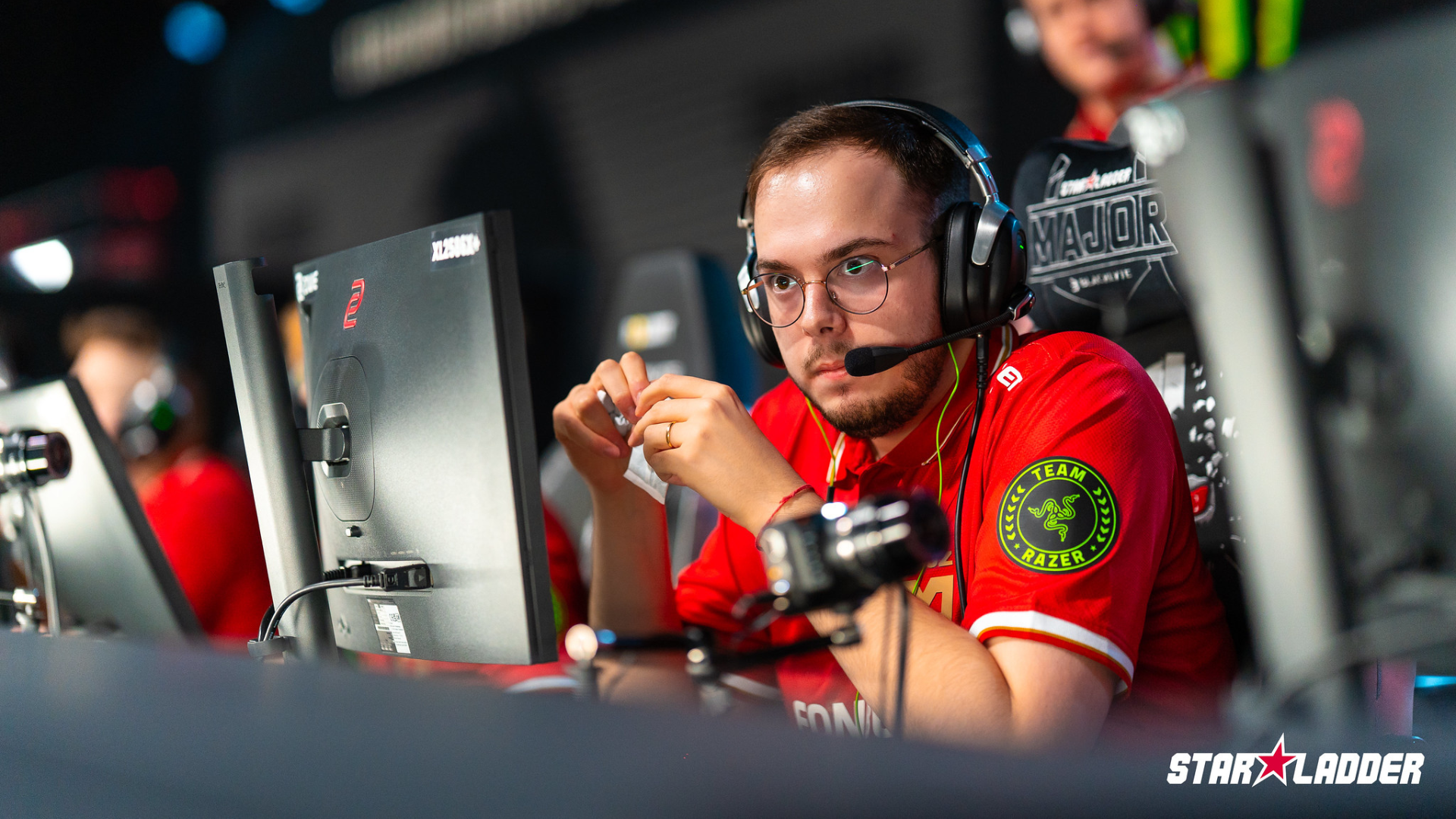
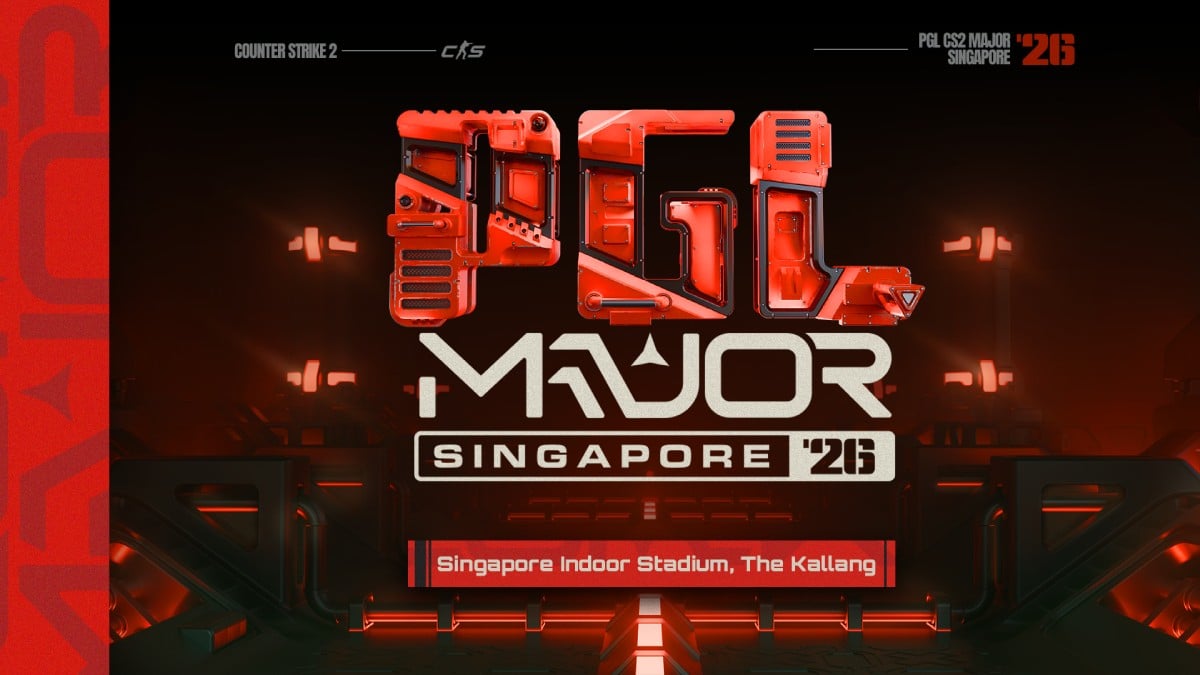

Published: Oct 16, 2023 06:56 pm